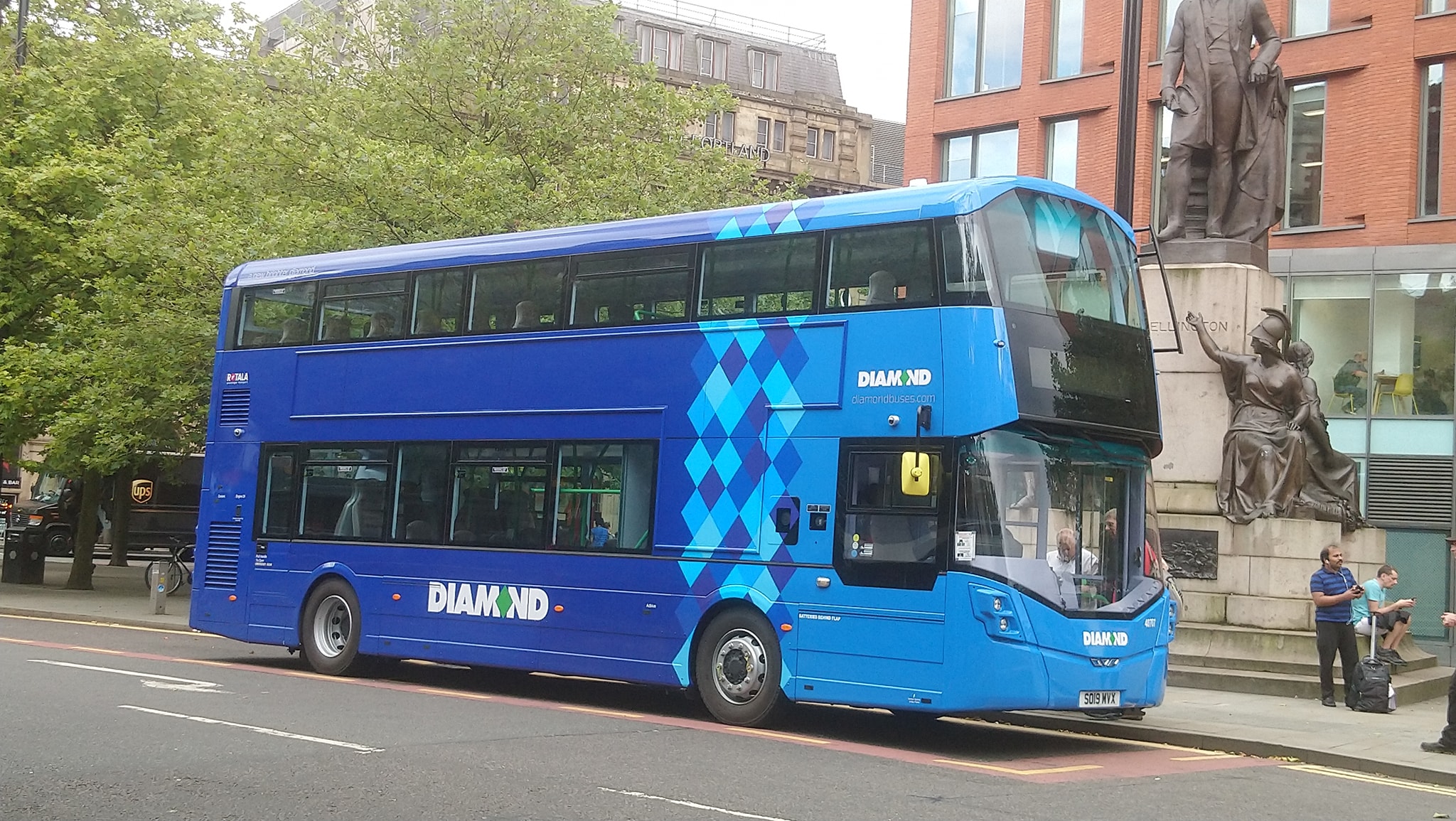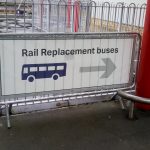24-hour services and minimum frequencies on Liverpool’s wishlist ahead of franchising decision
Liverpool City Region Combined Authority (LCRCA) has released a report on its potential bus reform, setting out “the Vision for Bus” in the city.
Based on feedback from Liverpool City Region Combined Authority’s ‘Big Bus Debate’ public consultation [routeone/News/17 July], the Vision for Bus includes:
- Increased hours of bus operation: Services from 0500-0000hrs, and 24-hour services on the busiest routes
- Minimum frequencies of one bus per hour between 0500-0000hrs
- Phasing in Euro 6, electric and hydrogen buses
- City-wide fare zones and fare capping
- Multi-modal and multi-operator tickets
- Short-hop tickets
- Removal of cash payments as far as possible to speed up boarding times
- Bus fare rises pegged to inflation
- Enhanced concessionary travel scheme
- City bus brand, linked to wider transport brand
- Real-time passenger information
- Bus interiors and layout to be designed in conjunction with bus users.
It estimates that the higher frequencies and increased hours will require a 25% increase in bus operations.
On Friday (26 July) Mayor Steve Rotheram will be asked to approve these principles, and will be updated on progress in developing the bus reform options.
The options, as allowed by the Bus Services Act 2017, are franchising, an enhanced partnership, or continuing the current Bus Alliance.
LCRCA expects a preferred option to be identified early in 2020.
The report says that each option has the potential to meet the vision to a greater or lesser extent. For punctuality and reliability, it says the potential to meet the vision is the same for all three options.
The report also weighs up financial implications. It estimates that under the Bus Alliance/enhanced partnership models, LCRCA’s bus funding will increase from £60m a year in 2020 to £90m in 2030. Under franchising, it believes it will increase to £95m in 2030.
Mayor Steve Rotheram says: “The Bus Alliance has allowed us to make good progress in modernising our bus network but, as the ‘Big Bus Debate’ has shown, we have to go much further and faster.
“It’s clear that whatever bus reform option is right for our City Region, there will be additional and significant cost to the public purse. We have to meet this challenge head on and work through it. Doing nothing is not an option.”























